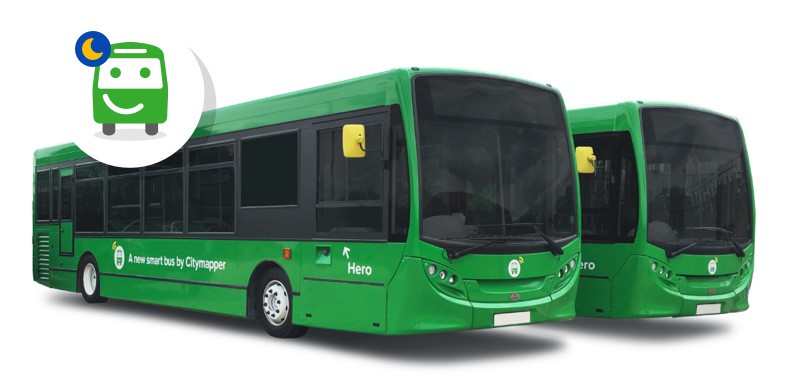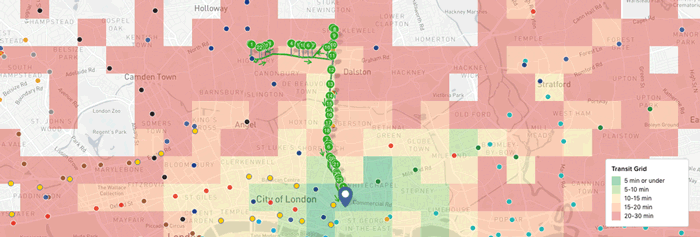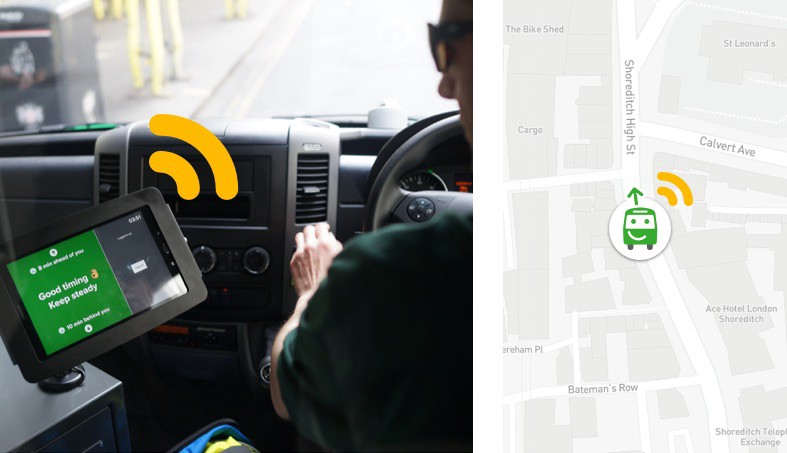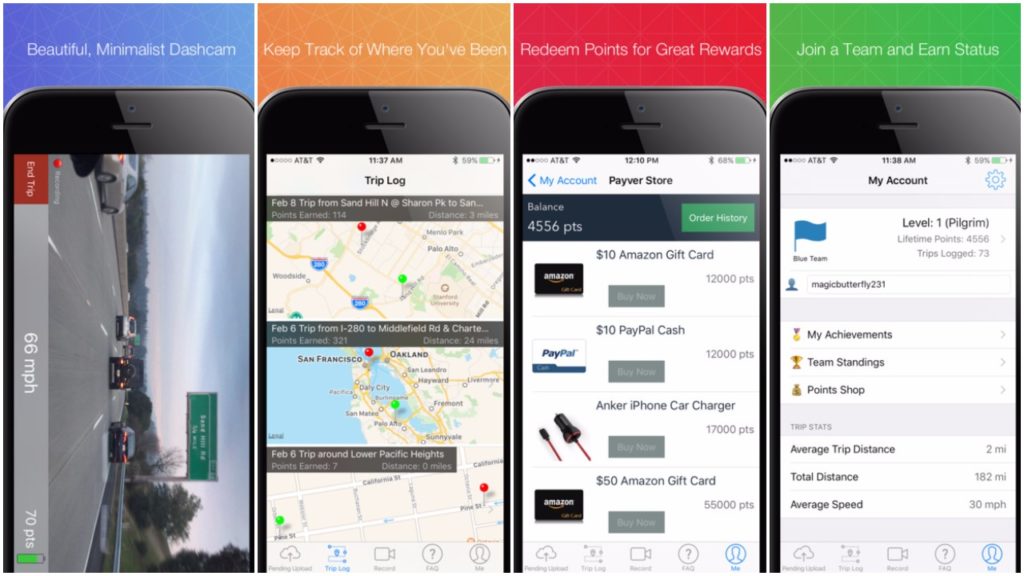
Citymapper is launching its own bus service to fill transport gap
Most geo companies know there’s immense value to be unlocked from the data they are generating every day, but only a few are able to recognize and act upon the opportunities that arise from those insights. Citymapper, mercifully, falls in the latter category.
The London-based transit startup started out by using public data from transport authorities to give users the fastest or cheapest way to get to their destination. But things escalated quickly from there. “We found the [open] data needed fixing, so we built tools to do so. We also built tools to analyze the data and learned a lot about how people are moving around. When we studied the existing public transit routes, we realized that they don’t always serve people best, nor evolve quickly enough to accommodate changes in the city,” the company explains in a blog post.
It was time to build an ultimate tool that would analyze the demand on the Citymapper app and pinpoint the gaps in the transport networks. Armed with this data, it didn’t take long for the company to realize that the most effective way to provide the best transit options to its users would be to start offering transportation services itself!
So, starting late August, Citymapper will launch its first commercial route with the blessings of Transport for London. Though the company has zeroed down on the most vomit-prone route in East London for its initial service (9 pm to 5 am on weekend nights), that’s where the real demand lies, according to data analysis.
Of course, the geo company is roping in a bunch of technologies to make the service as efficient as possible. Citymapper has built its own tracking and management software to keep buses running optimally and minimize the wait time for passengers. The buses have been fitted with smart displays to let tipplers know the vehicle’s progress on the route. Contactless ticket purchasing options are being provided through Apple Pay and Android Pay. Passengers will be counted anonymously to communicate seat availability to those who are waiting. And *queuing drum roll* USB charging is being made available on every seat for those who have exhausted their phone batteries making endless Snapchat videos!
No wonder Citymapper sits pretty on our list of the top 100 geospatial start-ups and companies in the world. There’s a lot here that our public bus services can learn from!









